Apple wins antitrust suit against Epic Games

Apple has won an appeals court ruling in the antitrust suit against Fortnite creator Epic Games. The US Ninth Circuit Court of Appeals upheld the decision given by a lower-court in 2021.
The Cupertino company removed Fortnite from its App Store in 2020, after it found that Epic Games was using its own payment gateway, instead of Apple's.
Epic Games sued Apple and claimed that charging app developers a 30% fee on in-app purchases was unfair and the lack of options to use other payment systems was anti-competitive. Apple had argued that Epic had used a workaround to deliberately avoid paying the fee, and that violation of its Developer Program Licensing Agreement was the reason why it had banned Fortnite from its storefront.
Epic's stance was that Apple held too much control over the mobile app market. The trial court judge rejected Epic's claim that the App Store was a monopoly in the app market. Epic had to compensate Apple by paying the fees that it had side-stepped.
Apple had claimed that allowing third-party app stores would pose a security and privacy risk to its users, and the court had agreed with its argument, and deemed other options unnecessary. The judge had asked Apple to allow third party payment methods. Both parties appealed against the trial court's decision.
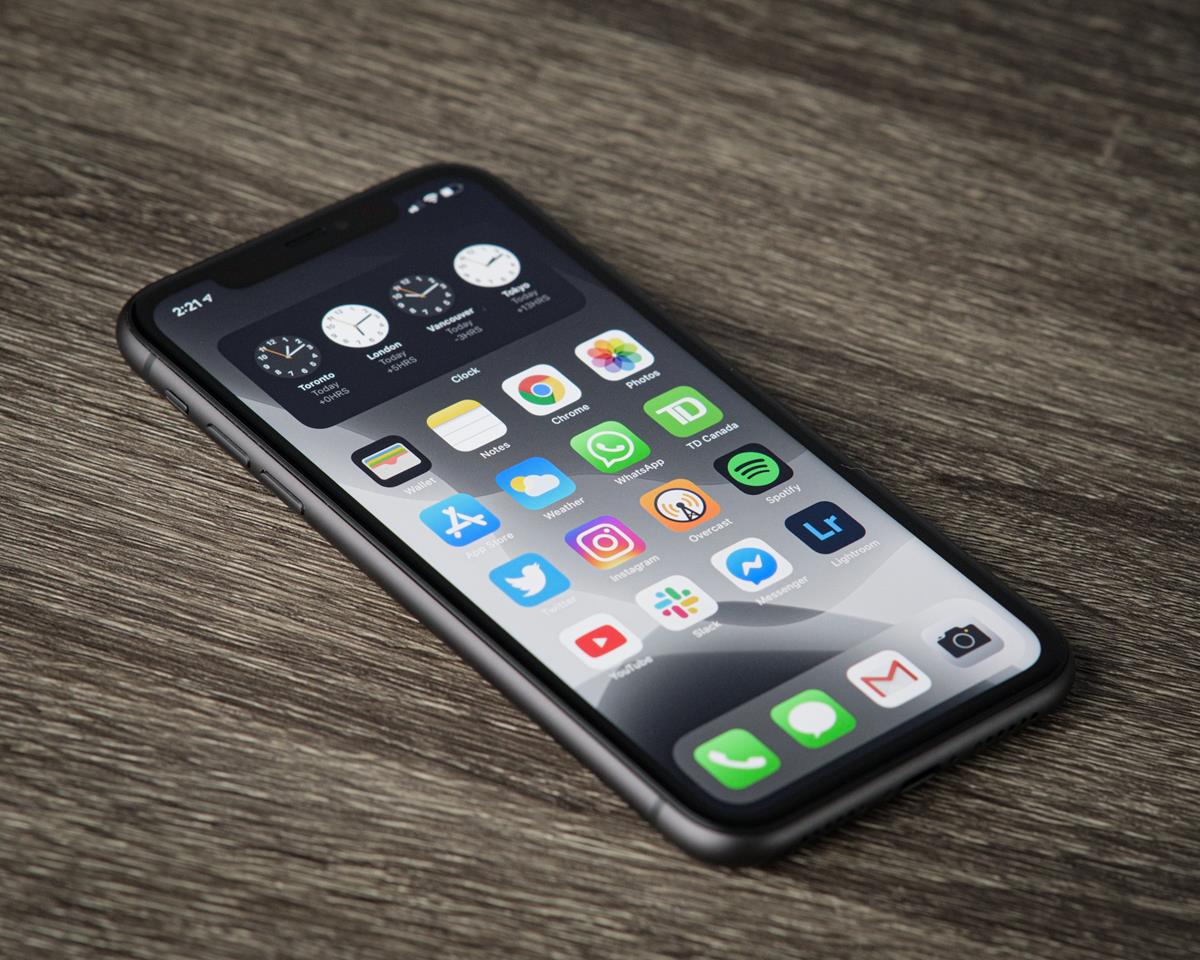
Apple started making changes to keep antitrust regulators at bay, by allowing "reader apps" such as Kindle, Netflix, Spotify, etc., to display a link to alternate payment options, in order to help the user access the services. Unfortunately, this policy doesn't apply to gaming apps such as Epic's Fortnite. Bloomberg reports that the Cupertino company is working on making it easier to change the default settings, while opening up some built-in features like the Camera and Find My API to developers. It is also expected to allow browser makers to use their custom engines.
The Court of Appeals upheld the previous ruling. An Apple spokesperson hailed the ruling as a resounding victory for the company, as it won 9 out of the ten claims. They also highlighted that this was the 2nd ruling in two years that proves Apple abides by antitrust laws.
Court says Apple cannot ban links to third-party payment services
Reuters reports that the Court of Appeals did find Apple guilty on one count. It ruled that the company had violated California's Unfair Competition Laws by blocking other payment options in apps. The judge told Apple that it could not ban links or buttons to third-party payment gateways. This was a small victory for Epic Games, and could hurt Apple's revenue.
Naturally, Apple wasn't pleased with this, the company is reviewing the situation, and has 14 days to appeal the decision. It's worth noting that Apple updated its policy about in-app purchases in South Korea, Japan and the Netherlands to comply with the laws in the Countries, and allowed multiple payment options for apps distributed in the regions.
Tim Sweeney, the CEO of Epic Games, said that while the company lost the antitrust claims, the court order will free iOS app developers and allow them to send their users to third-party payment services. This way, they no longer need to pay the 30% sales fees that they earn from in-app purchases. So, something good came out of it after all.
Could this impact sideloading on iOS?
The Digital Markets Act which was passed by the European Union will require Apple to allow installation of apps from third-party sources, aka sideloading. It could become a reality in iOS 17 that is slated to be announced at WWDC 2023 in June.
However, the Court's rejection of the need for third party app stores could be a problem. It had agreed with Apple's statement about policing apps to protect users from hackers, malware, spyware, etc. Recently, some rumors have been floating around which claim that Apple could restrict sideloading iOS apps to iPhones in Europe, while the devices sold in the rest of the world would remain behind the company's walled garden. Does this mean Apple would maintain two different builds of iOS?
That said, I can think of a good reason why Apple might choose to restrict sideloading to Europe. Why? Money, of course! Why would Apple let go of the 30% commission fee in Countries that have not enforced a law about allowing third-party apps and app stores? The company could maintain its rules while it earns money from apps and games that are sold via its App Store, not to mention all the money it could make from ridiculous subscriptions that one can find in nearly every app these days.
While limiting sideloading to Europe could be a big blow for users in other regions, there is a possibility that this could actually be used against Apple, if an antitrust regulator from a different country points out the fact that the company treats its customers differently in Europe. Then again, we can expect the company would be prepared for such situations, and play its usual "security issues" card, to maintain its stand.




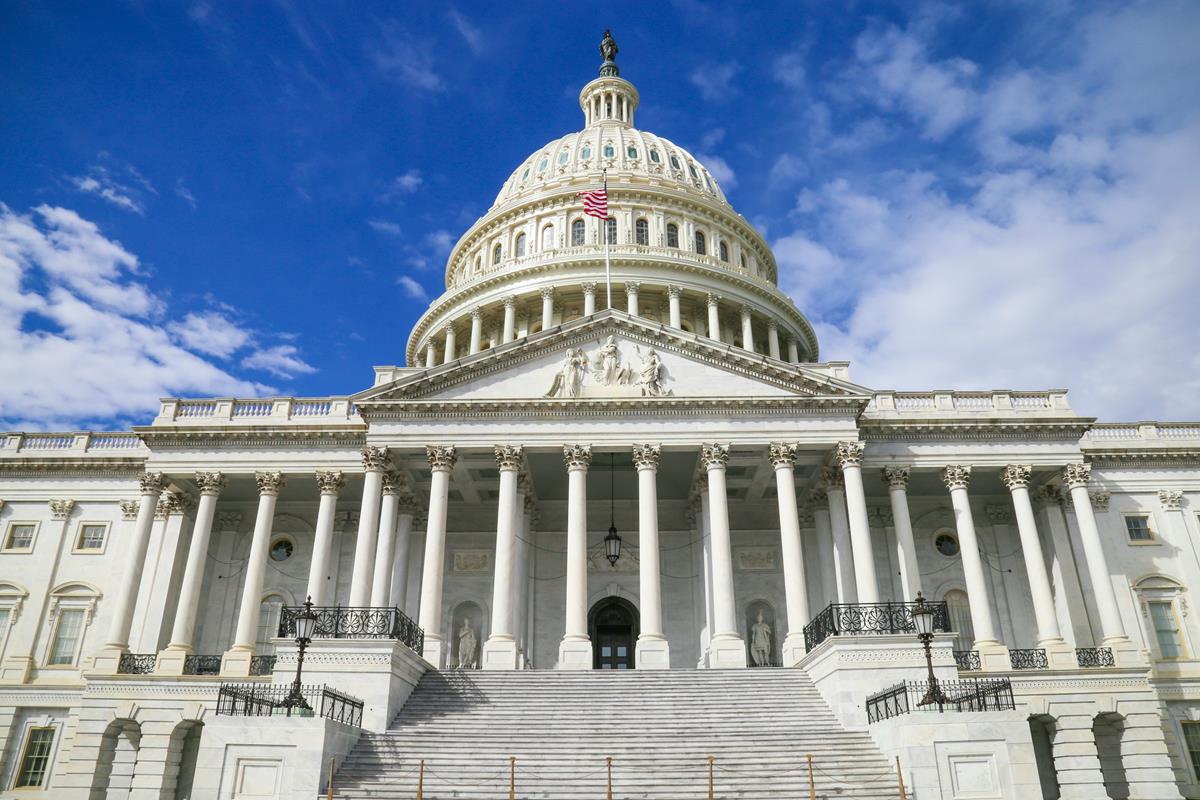

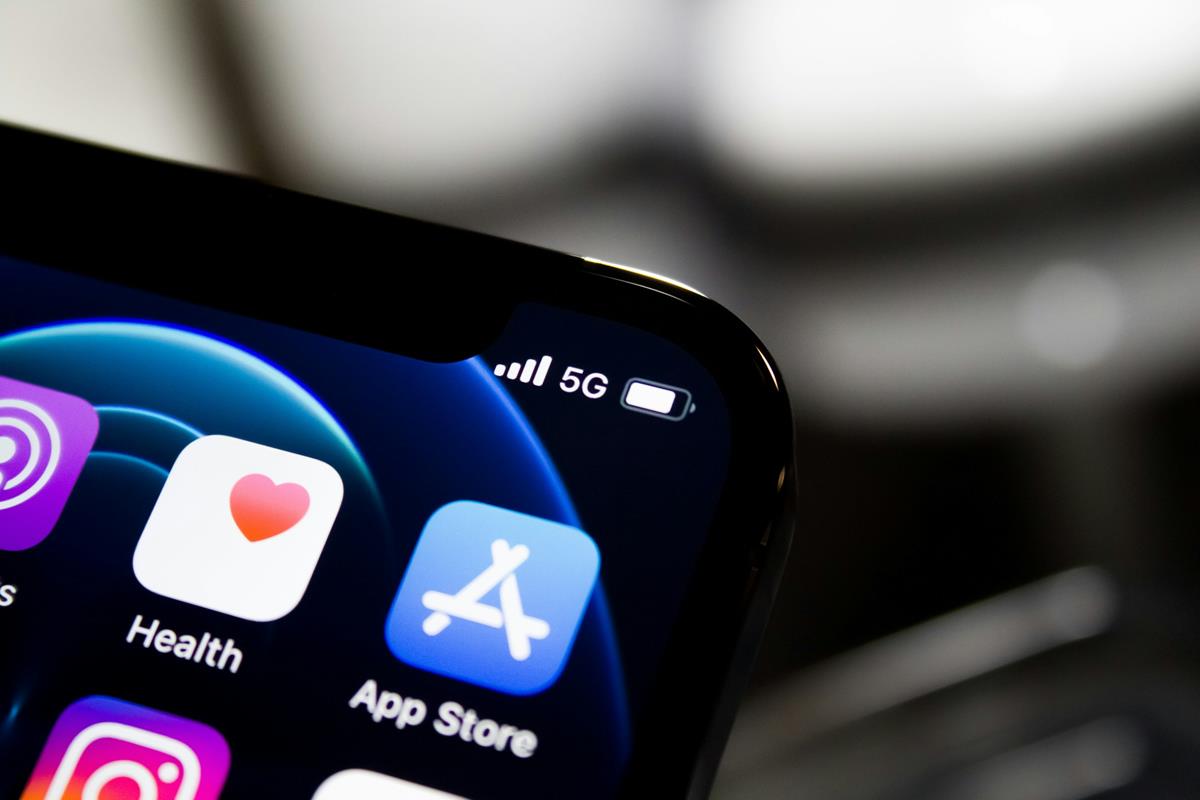
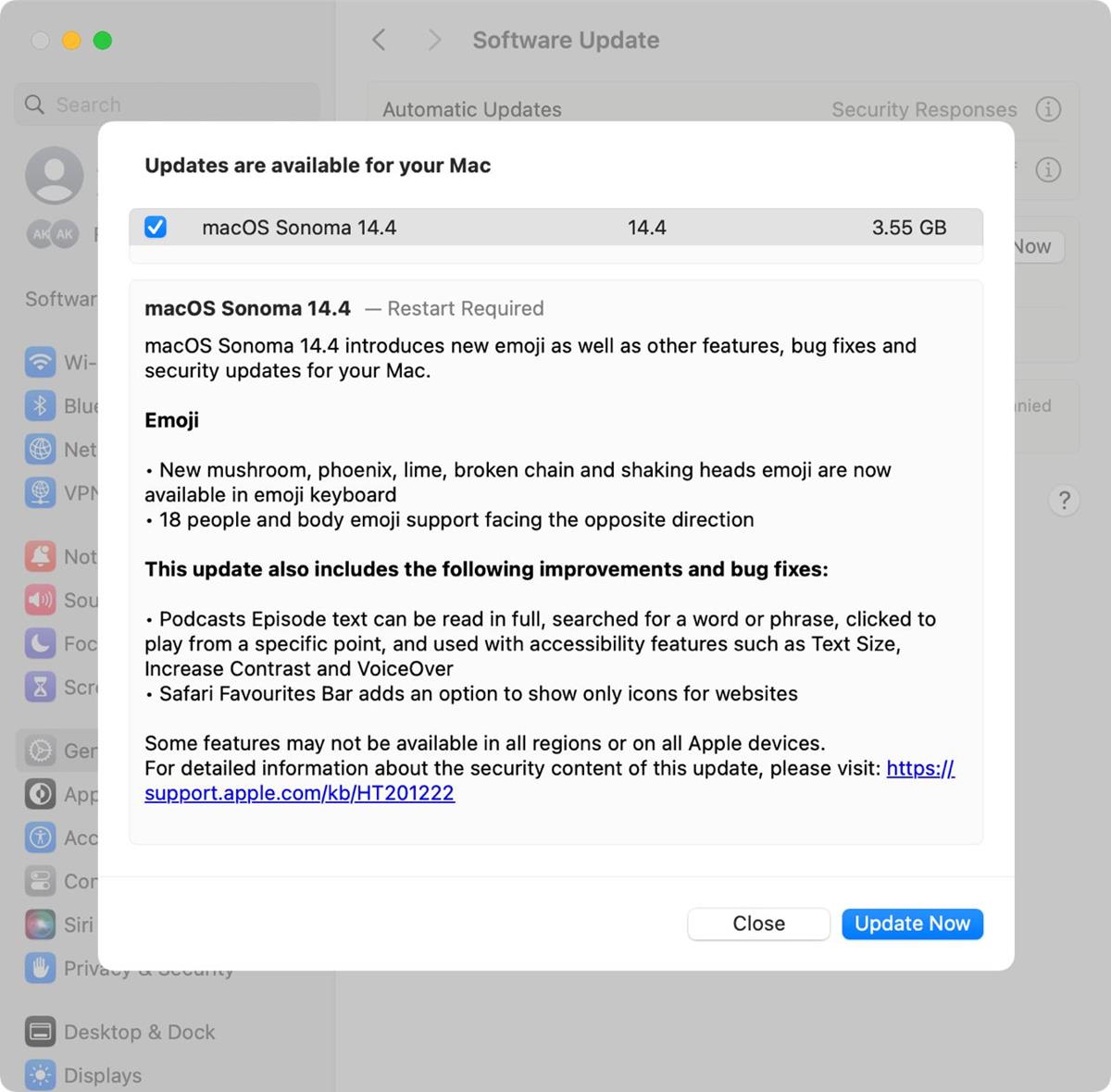



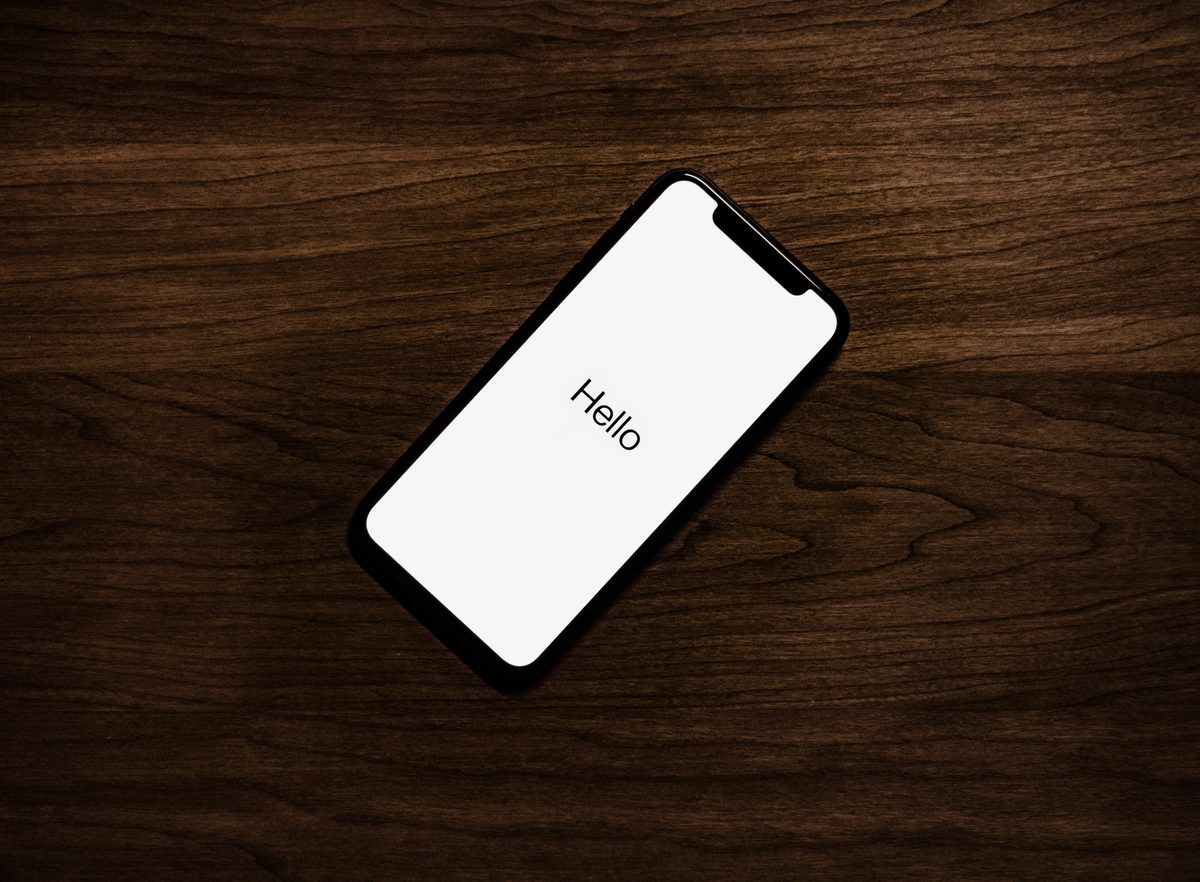












“That said, I can think of a good reason why Apple might choose to restrict sideloading to Europe. Why? Money, of course! Why would Apple let go of the 30% commission fee in Countries that have not enforced a law about allowing third-party apps and app stores? The company could maintain its rules while it earns money from apps and games that are sold via its App Store.”
The rules Apple enforces on apps are also a part of the problem, beyond the commission fee, they are also a tool of abuse against the users.
As a generalization, anyone who buys an iphone, probably needs the supervision while using it.
So in the long run what apple is doing results in a lot of good even though the motivation is pure greed.
You seem to enjoy the suffering of users a lot if they are on a platform you don’t like.